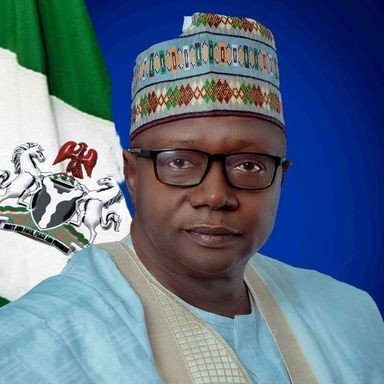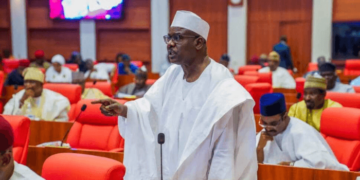Nigeria has reaffirmed its commitment to advancing gender equity and implementing a comprehensive national census as the country joins the global community in commemorating the 30th anniversary of the International Conference on Population and Development (ICPD).
At the event themed “The March Continues: Sexual and Reproductive Health and Rights for All,” the chairman of the National Population Commission (NPC), Hon Nasir Isa Kwarra, underscored Nigeria’s alignment with the ICPD Programme of Action and highlighted the critical role of inclusive policies and accurate population data in driving sustainable development.
The occasion also marked the 5th anniversary of the Nairobi Summit on ICPD25, reflecting the nation’s commitment to reproductive health and gender equity.
Kwarra emphasized that Nigeria has made significant strides in expanding maternal and child health services, addressing gender-based violence, and empowering women and young people.
“Our progress is undeniable, but the journey is far from over. A major challenge remains the delay in conducting the national population and housing census, a critical tool for evidence-based policy-making and effective resource allocation,” he stated.
He assured stakeholders that the government is committed to conducting the census next year to address these gaps.
“The delay in conducting the census, due to logistical and financial constraints, has hindered efforts to assess the full scope of population needs and allocate resources effectively, especially in rural and underserved areas.
“This gap in accurate population data poses challenges in tailoring reproductive health services and interventions to specific demographic groups, undermining progress in reducing maternal mortality and improving access to family planning,” Kwarra added.
Kwarra stressed the importance of addressing these challenges, particularly for women, girls, and young people.
“Sexual and reproductive health rights remain inaccessible for many—a situation that transcends health concerns and touches on social and economic justice. Denying individuals the ability to make choices about their health limits their potential, reduces opportunities, and impacts society as a whole,” he said.
In her address, founder of the Wellbeing Foundation Africa, Mrs Toyin Saraki reflected on progress since the ICPD in 1994.
She pointed out that while global maternal mortality rates have decreased, Nigeria’s progress has been slower, with one in 22 Nigerian women still at risk of dying from pregnancy-related causes.
Saraki reiterated her organisation’s commitment to achieving “Zero unmet need for family planning, zero preventable maternal deaths, and zero gender-based violence.”
Senior special assistant to the president on Health, Dr. Salma Anas highlighted the government’s efforts to strengthen universal health coverage, particularly for women, girls, and vulnerable groups.
She acknowledged ongoing challenges, such as low family planning adoption rates and gaps in emergency obstetric care.
UNFPA Officer-in-Charge Mr. Koessan Kuawu called for sustained investment in health systems, youth engagement, and stronger multi-sectoral partnerships. “The march continues, and so must our collective efforts,” he said, urging stakeholders to accelerate progress on reproductive health and gender equity.
The event brought together government officials, diplomats, civil society leaders, and development partners, serving as a platform to assess three decades of progress, reaffirm commitments, and map out strategies to address challenges in achieving universal access to sexual and reproductive health and rights.





